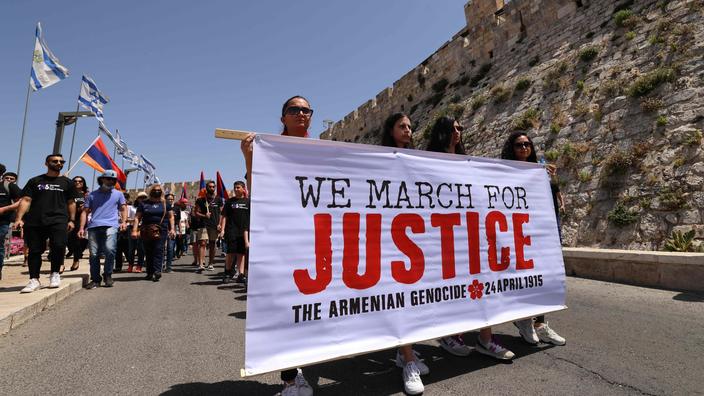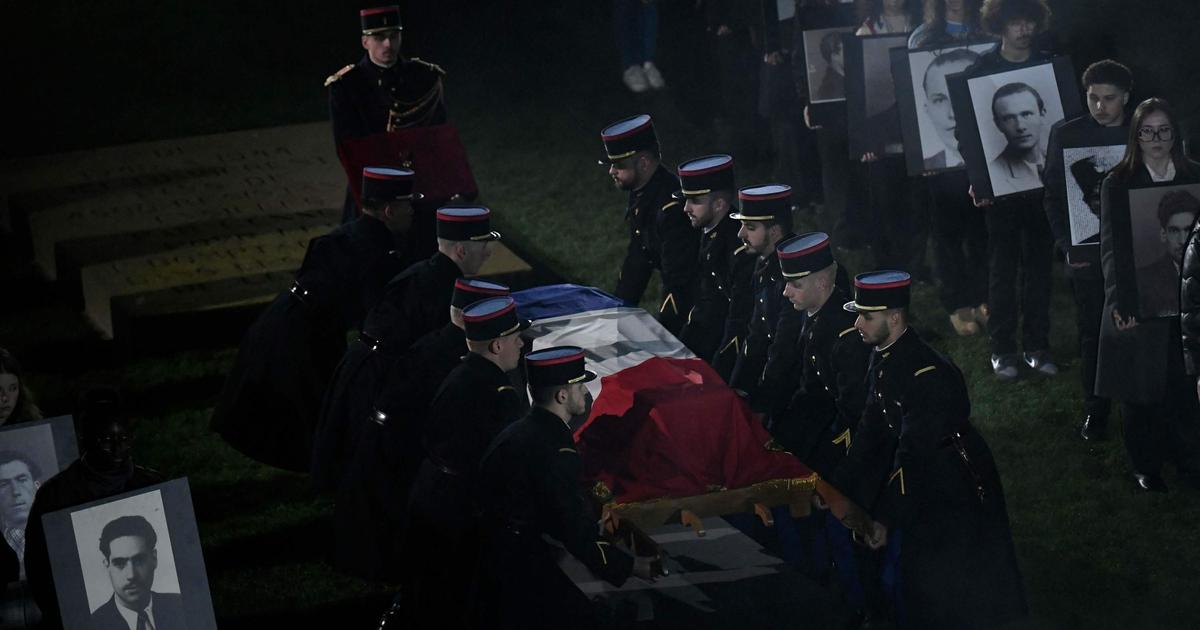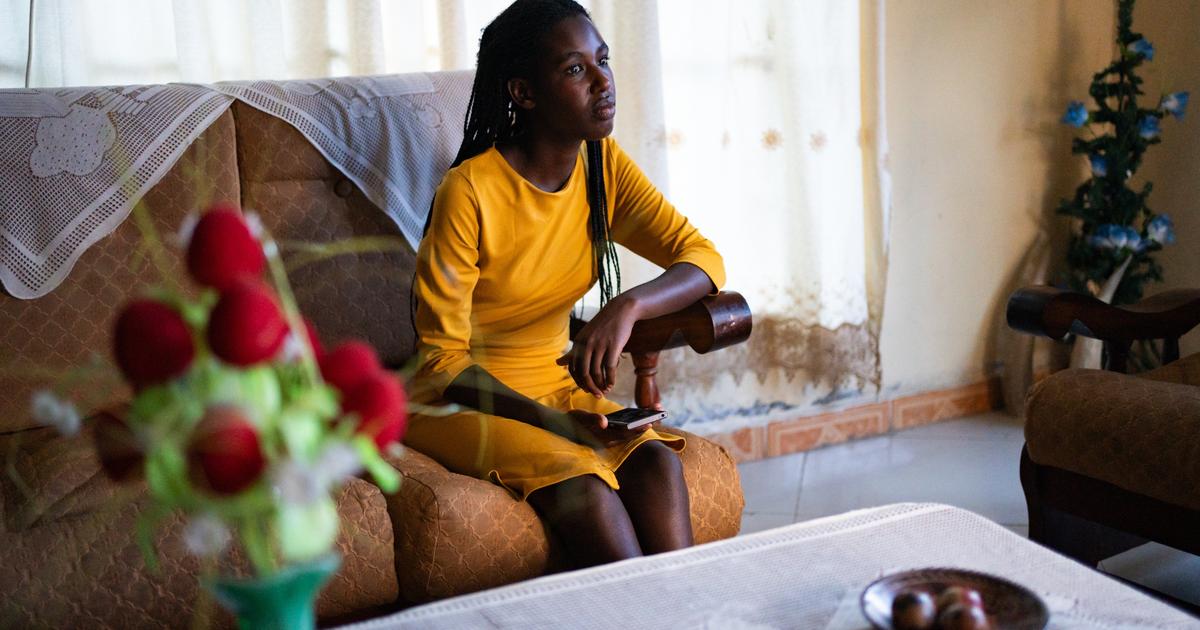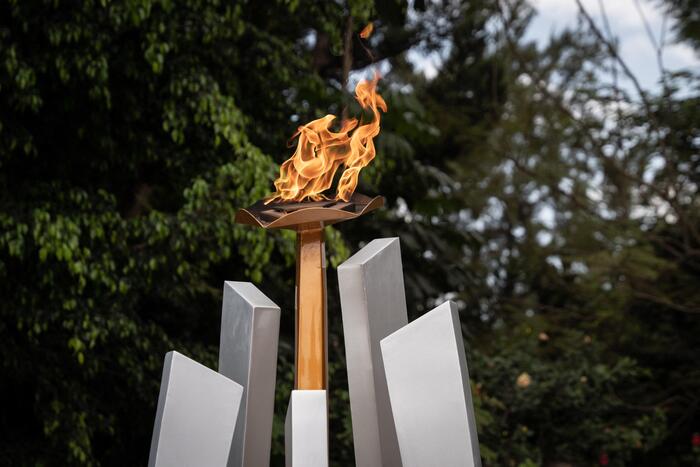On Saturday, France celebrates the national day of commemoration of the Armenian genocide. On February 5, 2019, Emmanuel Macron declared:
"France is first and foremost this country which knows how to look history in the face, which among the first denounced the murderous stalking of the Armenian people, who, from 1915 , named the genocide for what it was, which in 2001, after a long struggle, recognized it in law ”
. A spokesperson for President Erdogan then denounced a
"null and void decision"
and a
"political lie, without legal justification, in defiance of historical facts"
.
The Turkish authorities are spreading their denialist credo, in particular among Turkish communities abroad.
This explains the recurring incidents in French educational establishments where students, often supported by their parents, contest the presentation of the 1915 drama by their teachers.
This memorial and political showdown is not about to end (around thirty states, as well as the UN and the EU, recognize the genocide).
Another fight
But there is another fight on which France will also have to pronounce itself if it is indeed
"this country which knows how to look history in the face"
. Because the Armenians were not alone. Today, only Armenia, Sweden, the Netherlands qualify as genocide the systematic massacres undergone by the other Christian communities of the Ottoman Empire (in particular the Syriacs and the Assyro-Chaldeans).
In April 2015, Pope Francis spoke of a genocide having struck
"the Armenian people with the Catholic and Orthodox Syrians, the Assyrians, the Chaldeans and the Greeks"
. In 2019, the Union of Assyro-Chaldeans of France sent a letter to the President of the Republic and to the Ministry of Foreign Affairs. To rejoice first, because there is no question here of a competition of memories, of the creation of a national day of commemoration of the Armenian genocide. But the text also recalled
"that more than 350,000 Assyro-Chaldeans, that is to say more than half of the community, perished between 1915 and 1918. We ask the Head of State to look history in the face and to dedicate the April 24 or another day "
for the commemoration of this drama.
President of the Union of Assyro-Chaldeans of France, Nemrut Yalap explained this week to
Le Figaro
that this letter had remained unanswered.
The horror experienced by families
Government experts can usefully recover their memories by watching on Sunday morning, on France 2, a remarkable documentary entitled: "1915: the Genocide of Christians in Turkey".
Broadcast as part of the program Chrétiens Orientaux, produced by journalist Thomas Wallut, this film by Guillaume Juherian is the first to present the genocide in France as a whole (Armenians, Assyro-Chaldeans and Syriacs).
Illustrated by a very rich iconography, it involves two great French historians.
On the one hand, Raymond Kevorkian, a specialist in the Armenian genocide who also publishes the critical edition of the journal of a deportee (“Only the earth will come to our aid”, BNF editions). On the other hand, Joseph Yacoub, author in particular of "Who will remember it?" : 1915: the Assyro-Chaldean-Syriac genocide ”(Edition du Cerf), he is reputed to be one of the best connoisseurs of the genocide targeting these communities. Descendants of victims, an Armenian, a Syriac and a Chaldean evoke the horror experienced by their families and their communities. In the documentary, Raymond Kevorkian recalls that on the eve of the First World War, 5 million people, out of the 13 living in the territory of present-day Turkey, were of Christian faith ...






/cloudfront-eu-central-1.images.arcpublishing.com/prisa/L7UV6HYZSBFUVLBENBP3VQG5QI.jpg)







